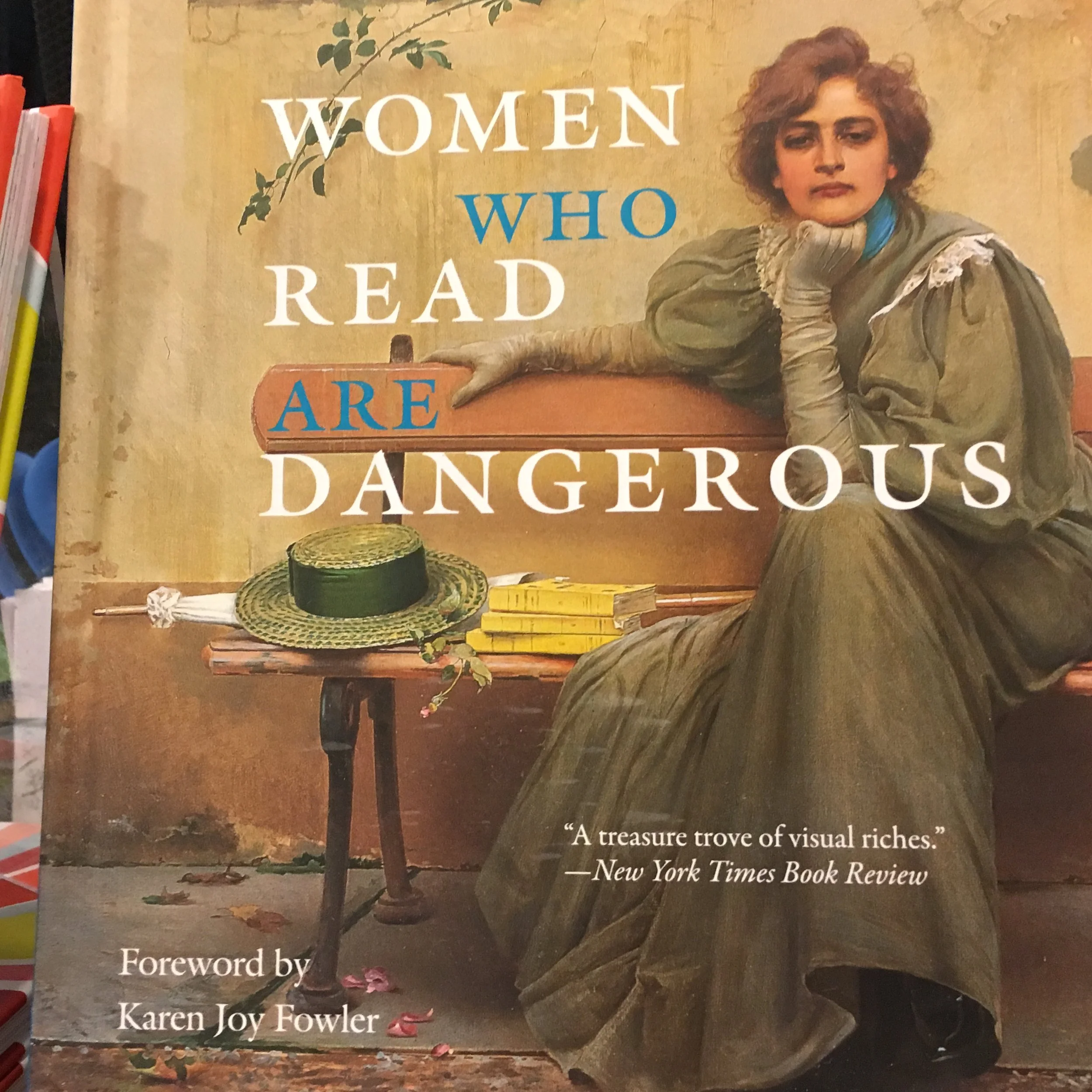Publishing - A System In Flux
by Cindy Layton
I’ve been researching my options since I finished drafting my novel, Indigo Child. Despite a prior life in finance in the high technology world, I, like many debut authors, have sought the bright lights, big city of “New York publishing.” That’s the traditional, old world road to the Pulitzer Prize. But, as Paul Harding would likely tell you, so much is going on in the industry it’s anyone’s guess as to where the next big thing will emerge. Harding’s award winning 'slow, contemplative, meditative, quiet book,' Tinkers, found its audience after being published by the tiny Bellevue Press. (Read the New York Times article on Harding)
So, too, did Amanda Hocking find success, that of the financial kind, through her route to self-publishing. After posting her first book, My Blood Approves, she’s gone on to reap $2.5 million in book sales through Amazon and other direct access publishers. Read about her story here. Hocking has since signed with Saint Martin’s Press in a deal valued at $2.1 million to publish her Trylle trilogy of YA books.
And that’s just two examples of the many options available today. For a concise summation by Jane Friedman of the many paths to publishing, including their advantages and disadvantages click here.
And while Jane Friedman’s chart may lead readers to believe that firm lines exist between the categories, in fact the system is much more fluid than it suggests. Individual authors and big time publishers alike are both trying to figure out how to best monetize book sales in the digital world and that is causing changes in the alliances between agents, editors, publishing houses and the writers who clothe and feed them.
Debut authors like myself will have to study up on which of these tracks to pursue. The choice will be dependent upon the author having a clear sense of where their writing fits in the arena. It does appear that, the closer you are to “genre” the better success you will have within digital publishing. Hocking writes in the paranormal, vampire realm, but other genres, particularly romance and mystery/thriller have had great success as well.
Will other genres, specifically the traditionally favored literary fiction, continue the migration to digital? Here’s a fascinating conversation between Joe Konrath and Barry Eisler, who discuss the future of publishing in Konrath’s blog click here.
Eisler had just turned down a $500,000 deal with his legacy publisher, Saint Martin’s Press, in order to retain the rights and profits from his upcoming works by self-publishing. It’s a revealing look at where we are and where we’re going.
Writers - let me know what your experience has been.














